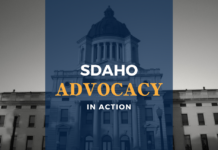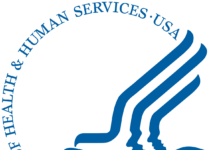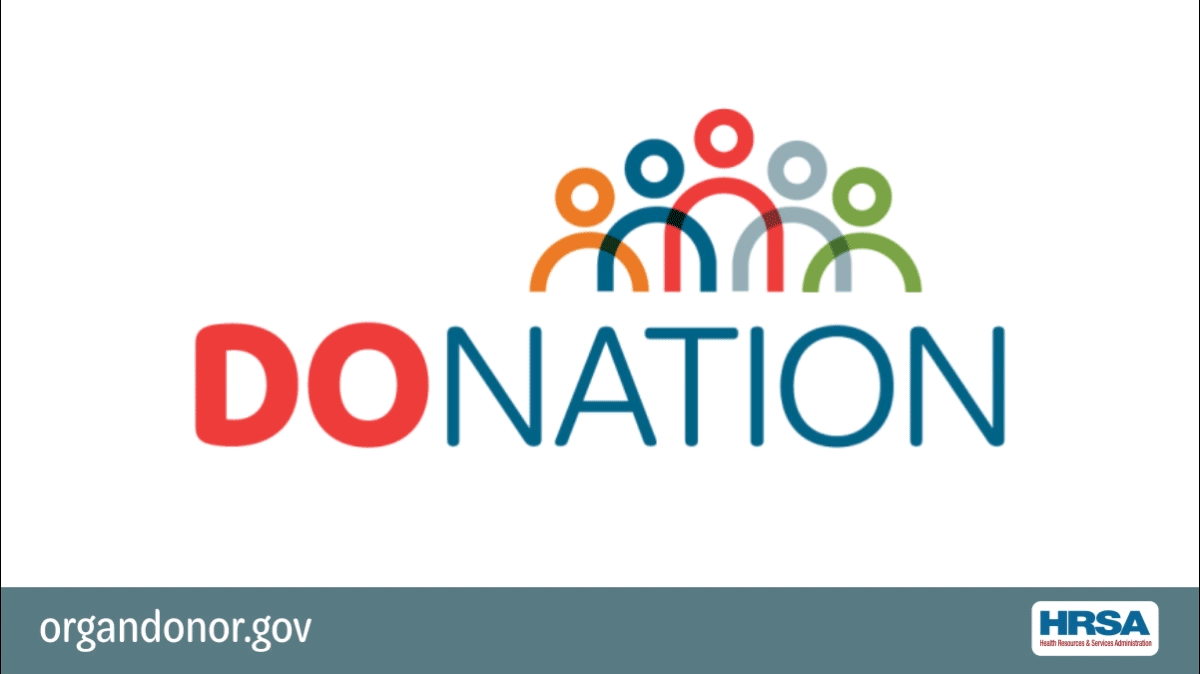
With the government funding deadline set for this Friday, leadership from the Senate and House met this morning to iron out the remaining differences on the omnibus legislation. Despite a positive meeting, some minor issues are yet unresolved. Highlights of the agreements include:
- $2.8 billion increase from fiscal 2017 for opioid addiction prevention and treatment;
- $307 million more than the Trump administration requested to combat potential midterm election cyber-meddling, plus another $380 million for election security grants;
- $2.37 billion, or 80 percent year-over-year increase, for Child Care Development Block Grants;
- $10 billion in new infrastructure funding, including a $2.55 billion increase for the federal highway program (a $1 billion increase for so-called TIGER grants, which fund innovative road, transit, maritime and road projects) and $600 million for rural broadband deployment;
- $1.34 billion increase for the Census Bureau to help prepare for the 2020 count, which is twice as much as President Trump’s request;
- $8.06 billion for the Environmental Protection Agency, which is the same amount funded for the prior fiscal year despite steep cuts initially proposed by Trump;
- $350 million to help forgive student loans for graduates who take lower-paying government jobs; and
- $2 billion for Veterans Affairs hospital maintenance and construction projects.
Later today, the full text of the proposed bill is expected to be released. The challenges of reaching agreement were evident from the repeated delays in publishing the bill’s text. Complicating matters further is a winter storm that shuttered government offices today. A vote on the package will likely be delayed into the weekend. Should the bill fail to pass or if leadership believes they cannot get sufficient member support, the likely option will be to pass yet another continuing resolution.
The budget bill contains several policy issues, in addition to spending levels, that must be resolved before the package can move forward. A group from SDAHO traveled to Washington, D.C., this week to attend the annual LeadingAge PEAK Leadership Summit. They participated in Capitol Hill visits with South Dakota’s congressional delegation and shared our post-acute care legislative and regulatory policies, as well as attended educational sessions. Attendees included Erica Petersen, Administrator/CEO of Sanford Care Center Chamberlain, Justin Hinker, Administrator of Avera Prince of Peace Retirement Home, and Scott A. Duke, President/CEO.






